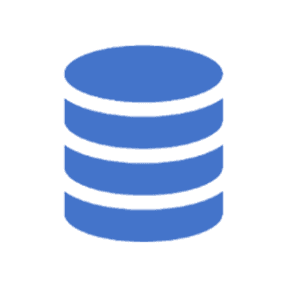Oct 28, 2023

What is SQL?
Commonly pronounced 'sequel,' SQL stands for Structure Query Language. It is a language used to interact with and manage databases. It provides a standardized way to interact with databases, allowing users to perform tasks like querying data, updating records, inserting new data, and deleting data. From websites to business applications, from creating reports to performing data analysis, SQL has tremendous use in everyday applications.
How Can I Learn and Practice SQL?
Depending on your preferred learning method, there are many ways to learn SQL. I first learned it on a job working with databases to manage a multitude of stored information. Here are a variety of resources you can use:
Online Tutorials and Courses:
Websites like Codecademy, Khan Academy, Coursera, edX, and Udemy offer SQL courses ranging from beginner to advanced levels.
SQLZoo (sqlzoo.net) provides interactive SQL tutorials with hands-on exercises.
Interactive Platforms:
LeetCode and HackerRank offer SQL problems and challenges to improve your skills.
Mode Analytics and SQLFiddle provide interactive SQL environments for practice.
Video Tutorials:
YouTube has many SQL tutorial channels, such as The Net Ninja, thenewboston, and Programming with Mosh.
LinkedIn Learning offers video courses on SQL.
Books:
"Learning SQL" by Alan Beaulieu is a popular book for beginners.
"SQL For Dummies" by Allen G. Taylor is another beginner-friendly option.
"SQL Performance Explained" by Markus Winand is great for diving into performance
Documentation and Manuals:
The documentation of popular database systems like MySQL, PostgreSQL, and SQLite includes comprehensive guides and tutorials.
SQL Playgrounds:
Use online SQL playgrounds like SQLFiddle, DB-Fiddle, or W3Schools to experiment with SQL queries and practice without installing a database.
What do I do with SQL, my job doesn't use it?!
Once you start learning about SQL, you can setup your own database! This could come in handy if you have a lot of information but don't know how quite to organize it. Perhaps you play a video game with a lot of information you've discovered, but an excel sheet is too messy, and a notebook isn't quite right. The more you use SQL the more you'll see if it can be of use to you!